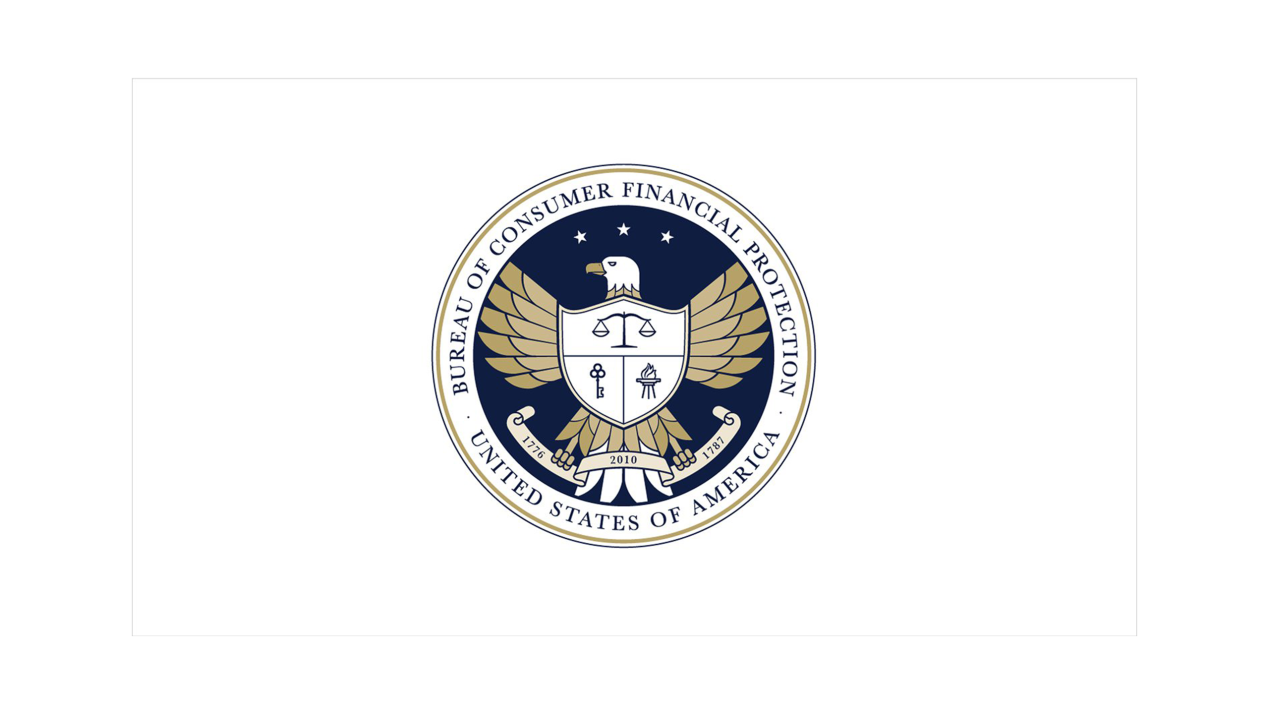

The Consumer Financial Protection Bureau (CFPB) has issued a new rule to curb excessive overdraft fees charged by banks. The rule, expected to significantly impact the banking industry, imposes stricter limits on fees and requires banks to implement more transparent practices.
Under the new rule, banks will be prohibited from charging overdraft fees on debit card transactions that overdraw an account by less than $5. Additionally, banks must post overdraft fees in a specific order, first with the largest fees. This change will give consumers more control over their finances and reduce unexpected fees.
The CFPB has also mandated that banks offer a standard overdraft program with limited fees. This program will provide consumers with a safety net to avoid overdrafts and help protect them from excessive charges.
The new rule is a significant step towards protecting consumers from predatory banking practices. By limiting overdraft fees and promoting transparency, the CFPB aims to reduce the financial burden on consumers and promote financial well-being.
The banking industry has expressed concerns about the potential impact of the new rule on its revenue and profitability. However, the CFPB has emphasized the importance of consumer protection and the need to balance the interests of banks and consumers.
As the new rule takes effect, banks must adjust their overdraft fee policies and procedures to comply with the regulations. This may involve significant changes to their technology systems and customer service practices.








© THE CEO PUBLICATION 2021 | All rights reserved. Terms and condition | Privacy and Policy